Партнерске Институције
Учесници пројекта
Шест државних универзитета из европских градова од крајњег запада (Лисабон) до истока (Нови Сад), од југа (Пиза) до севера (Хамбург, Талин) као и из централне Европе (Салцбург) тесно сарађују у циљу истаживања изазова и прилика у време пандемије ковида и након ње, уједињени жељом да понуде иновативне, инклузивне и међусобно повезане могућности и прилике ученицима свих узраста у међународном контексту.
Учесници пројекта су динамични и активни универзитети, који укупно обухватају више од 220.000 студената и 26.000 запослених, и нису само важни центри високог образовања, већ и значајни друштвени, економски и истраживачки чиниоци. Ми смо центри за иновацију и интернационализацију, који доносе корист на локалном, регионалном и националном нивоу. Кроз пројекат ENLIVEN заједнички желимо да иновирамо и да удахнемо нови живот дигиталном учењу и подучавању.
Partners
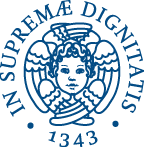
University of Pisa
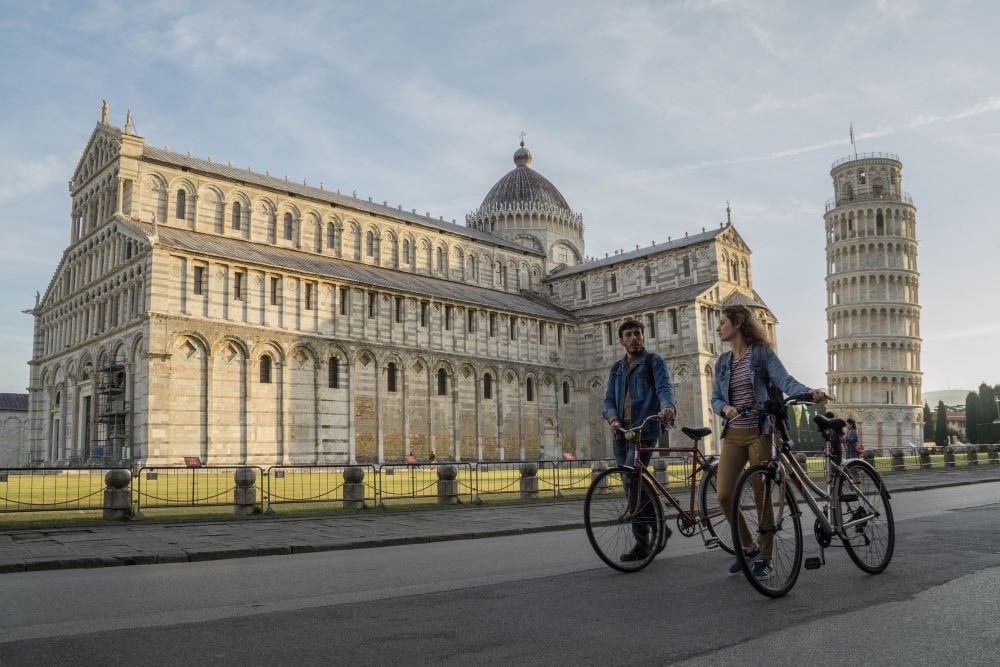
Photo: UNIPI/Andreozzi
Founded in 1343, the University of Pisa (UNIPI) is a public institution with a long tradition, deeply rooted in its territory and fully integrated into the international scientific community. With its twenty Departments, it covers all main areas of teaching and research. It offers 58 undergraduate, 74 graduate and 28 doctoral programs, 68 third cycle specialization programs, and about 80 shorter programs. It has over 52.000 students, 2900 professors and researchers, and 1467 technical and administrative staff members.
The primary purpose of all UNIPI activities is the cultural and professional growth of the entire university community, the training of students and the increase of knowledge in various fields of research, achieved either individually or collectively by members of the academic community. In this context, the learning/teaching activities are directly connected with research activities.
According to the most recent Academic Ranking of World Universities (ARWU -2019) released by the Shanghai JiaoTong University, UNIPI ranks among the three top Italian Universities and the top 200 universities in the world. It has high-level research centres, in agriculture, astrophysics, computer science, engineering, medicine and veterinary medicine. In the 2020 QS World University Rankings by subject, UNIPI ranks among the top 100 universities in 4 subject areas.
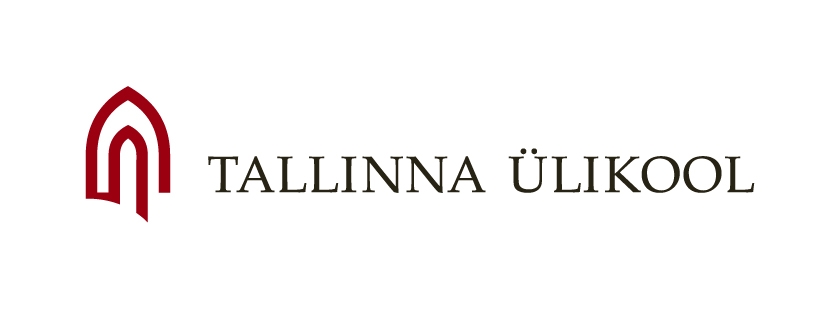
Tallinn University

Tallinn University (TLU) is a legal person in public law. In 2019, TLU celebrated its 100th anniversary. The university started in 1919 as Tallinn Teacher Seminar, later was reorganised into a university and from 1992 to 2005 operated under the name of Tallinn Pedagogical University. In 2005, a number of educational institutions and former Academy of Science institutes were consolidated into a single higher education institution Tallinn University.
In 2015, TLU underwent a major restructuring and now incorporates 6 schools and a regional college in which study and research is conducted in six different disciplines: educational sciences, humanities, arts, natural sciences, social sciences, and health sciences. By focusing resources and activities TLU develops five interdisciplinary research-based focus fields: educational innovation, digital and media culture, cultural competencies, healthy and sustainable lifestyle, and society and culture.
The mission of TLU is to support the sustainable development of Estonia by high-level interdisciplinary and international academic activity. Wishing to contribute more to society, TLU has set the goal of becoming the promoter of intelligent lifestyle in Estonia. The term Intelligent Lifestyle stands for making research-based decisions in order to improve society in general and the well-being of its citizens. Tallinn University supports the sustainable development of Estonia through high-quality research and study, education of intellectuals, public discussions and promotion of academic partnership.
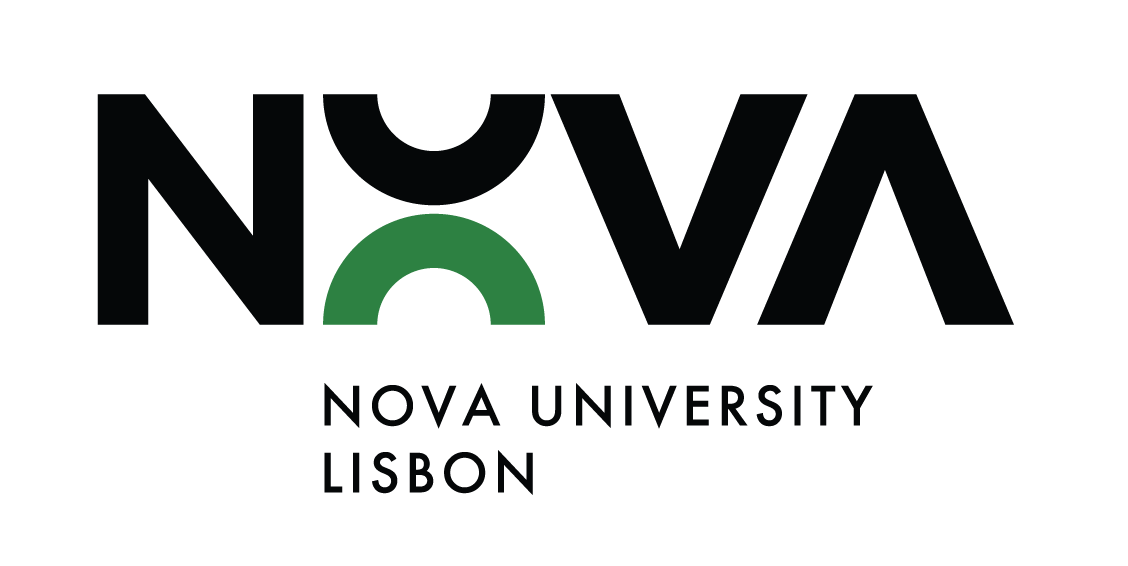
NOVA University Lisbon
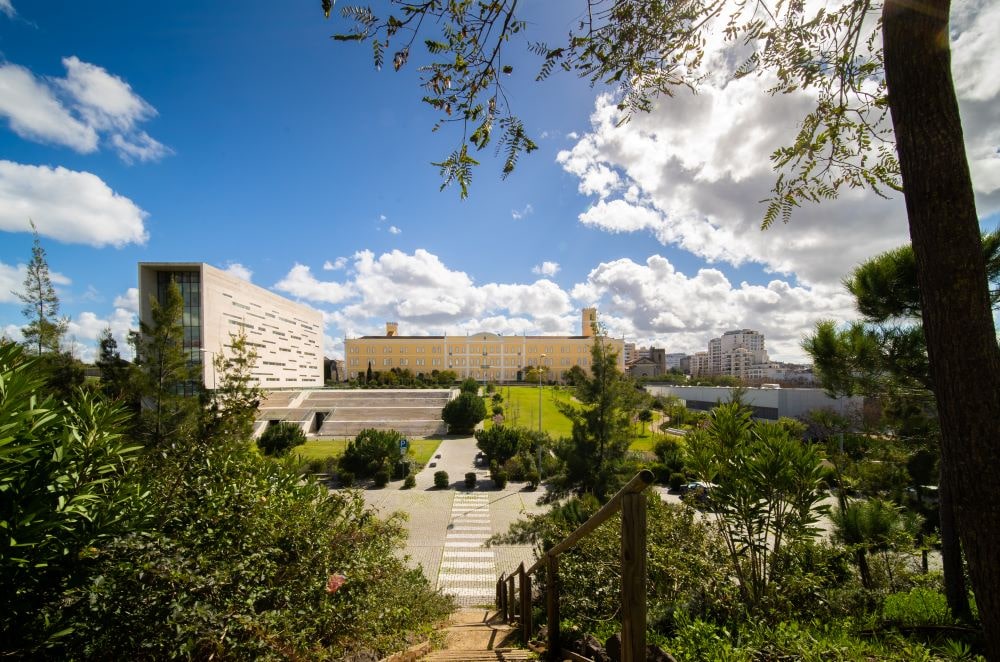
NOVA University Lisbon has a formative offer that is distinguished by quality and variety, in several areas of knowledge, fundamentally structured around undergraduate degrees, integrated master degrees, master degrees and doctoral degrees. NOVA is recognized internationally for its teaching excellence, focused on its students and providing them with rigorous knowledge, professional success and a spirit of leadership. It has a history of successful participation in international programs (Erasmus+, H2020 and others) projects and substantial cooperation and research with neighbouring countries of the EU, Africa, Latin America and Asia at the research and capacity-building levels.
As part of its experience, NOVA develops activities within open and distance learning and ICT new technologies digital competences: NOVA has an “e-learning Lab” that promotes training sessions and support, covering diversified topics in the use of e-learning solutions. There is also the “iNOVA Media Lab” that brings together researchers and practitioners working at the intersections of digital media arts, sciences and technologies, and that is now offering services of production of high-quality multimedia contents for teaching. NOVA has, since before the pandemic period, e-learning courses on different thematic fields and levels of study. Some examples are: the Postgraduate Studies in Statistics Applied to Health; the Master’s degree in Geographical Information Systems and Science; the Masters in English Language Teaching (TEFL); the Specialization Course in Epidemiology; the Master’s degree in Spatial Planning and Geographic Information Systems; the International Course in Health Management for the Development; Course open to the Community-Reading Volunteers aiming to boost the development of a national network of volunteers to promote reading; Open Courses in Multimedia; Evaluation in Health.
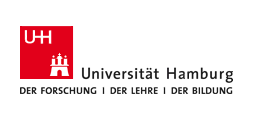
Universität Hamburg
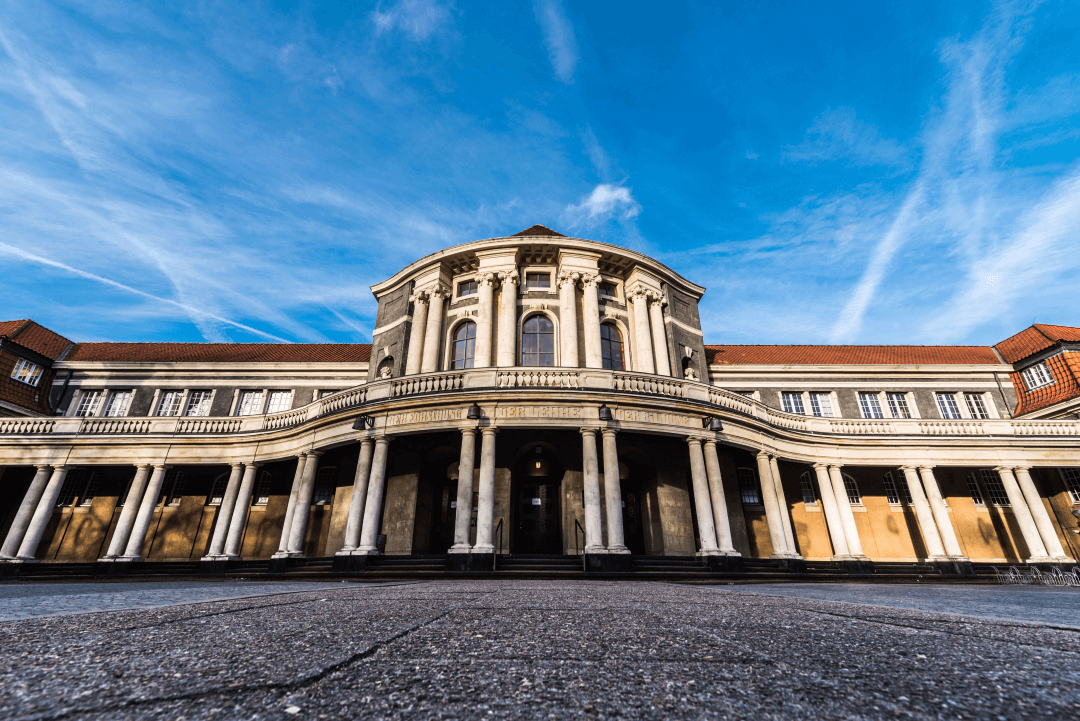
Photo: UHH/Dingler
Universität Hamburg was founded in 1919 and is the largest institution for research and education in northern Germany. A national University of Excellence and a flagship university, Universität Hamburg unites diverse teaching and research excellence.
The University, reflecting its commitment to sustainability, nurtures innovative, cooperative contacts to partners within and outside academia. It also provides and promotes sustainable education and research and knowledge exchange locally, nationally, and internationally. Universität Hamburg, with its 675 professors, offers more than 43,000 students (13% international) approximately 170 degree programs in the following eight faculties: Faculty of Law; Faculty of Business, Economics and Social Sciences; Faculty of Medicine; Faculty of Education; Faculty of Humanities; Faculty of Mathematics, Informatics and Natural Sciences; Faculty of Psychology and Human Movement; and Faculty of Business Administration. Teaching excellence is reflected in the University’s focus on education through scholarship.
Studium Generale courses comprise a key component of undergraduate education and reflect the University’s commitment to training well-rounded graduates who are well equipped to tackle societal challenges. A number of master’s programs are offered in English, providing an additional international element to the University landscape.
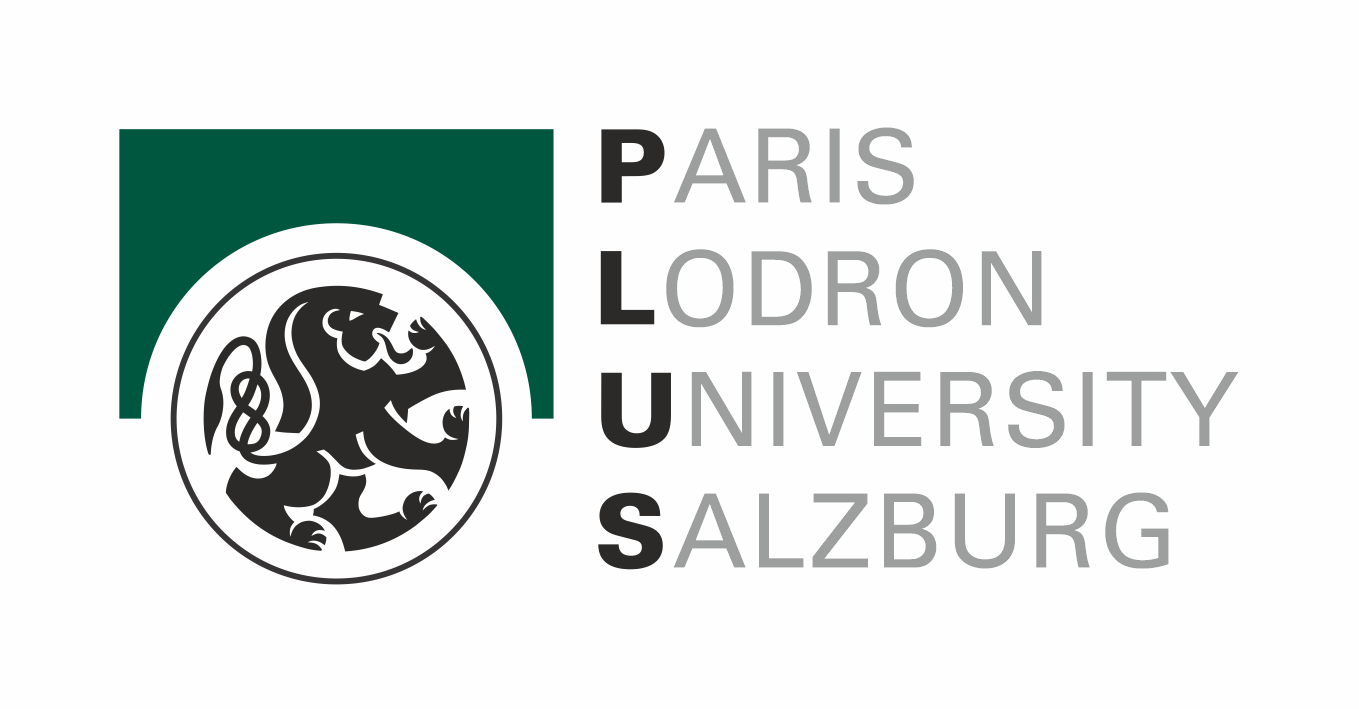
University of Salzburg
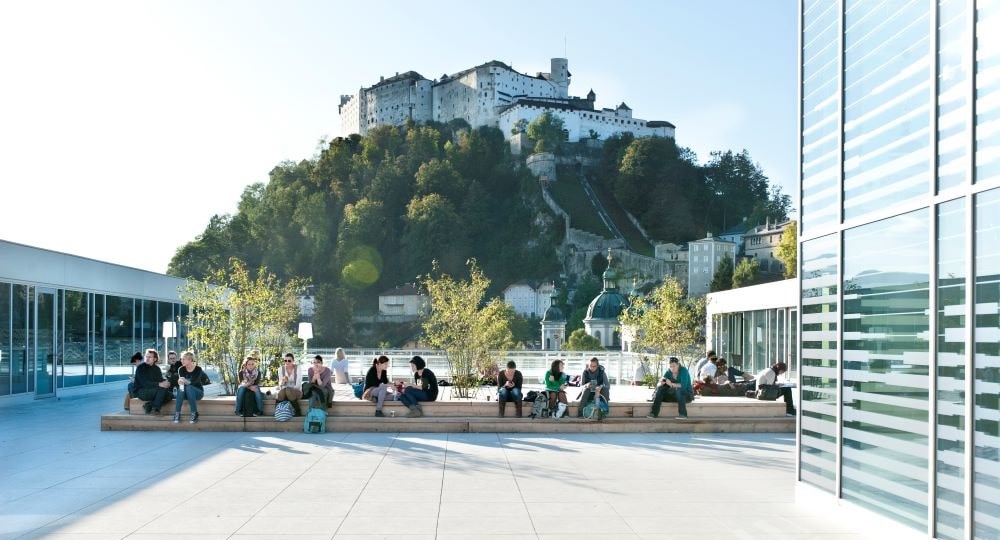
In 1622, Prince Archbishop Paris Lodron officially opened the University of Salzburg. It was maintained by a confederation of 33 Benedictine Abbeys up until its dissolution in 1810. Since its reconstitution in 1962 as a public university the Paris Lodron University of Salzburg (PLUS) has developed into a modern, living university. Partly located in the old city centre and partly in the modern campus near the river Salzach, the University plays a major role in both the cultural and business lives of Salzburg. It has the advantage of being a University on a human scale and serves as a meeting place for teaching staff, students, academia and the general public. Currently nearly 20.000 students are enrolled at the Paris Lodron University of Salzburg. Of these students, approximately 33% come from abroad, either taking part in a mobility program or studying independently.
The Paris Lodron University of Salzburg consists of six faculties (Faculty of Catholic Theology, Faculty of Digital and Analytical Sciences, Faculty of Law, Faculty of Cultural Sciences, Faculty of Natural and Life Sciences, Faculty of Social Sciences) and three inter-faculty departments (Interfaculty Departments of Geoinformatics/ZGis, Sport and Exercise Science and Forensic Medicine and Neuropsychiatry ). Currently three focus areas provide a strategic profile in both research and academics by representing frontiers in their fields and combining transcendent strengths and competencies into a larger unit. These are: Allergy Cancer BioNano Research Centre, Salzburg Centre of European Union Studies (SCEUS), Centre for Cognitive Neuroscience.
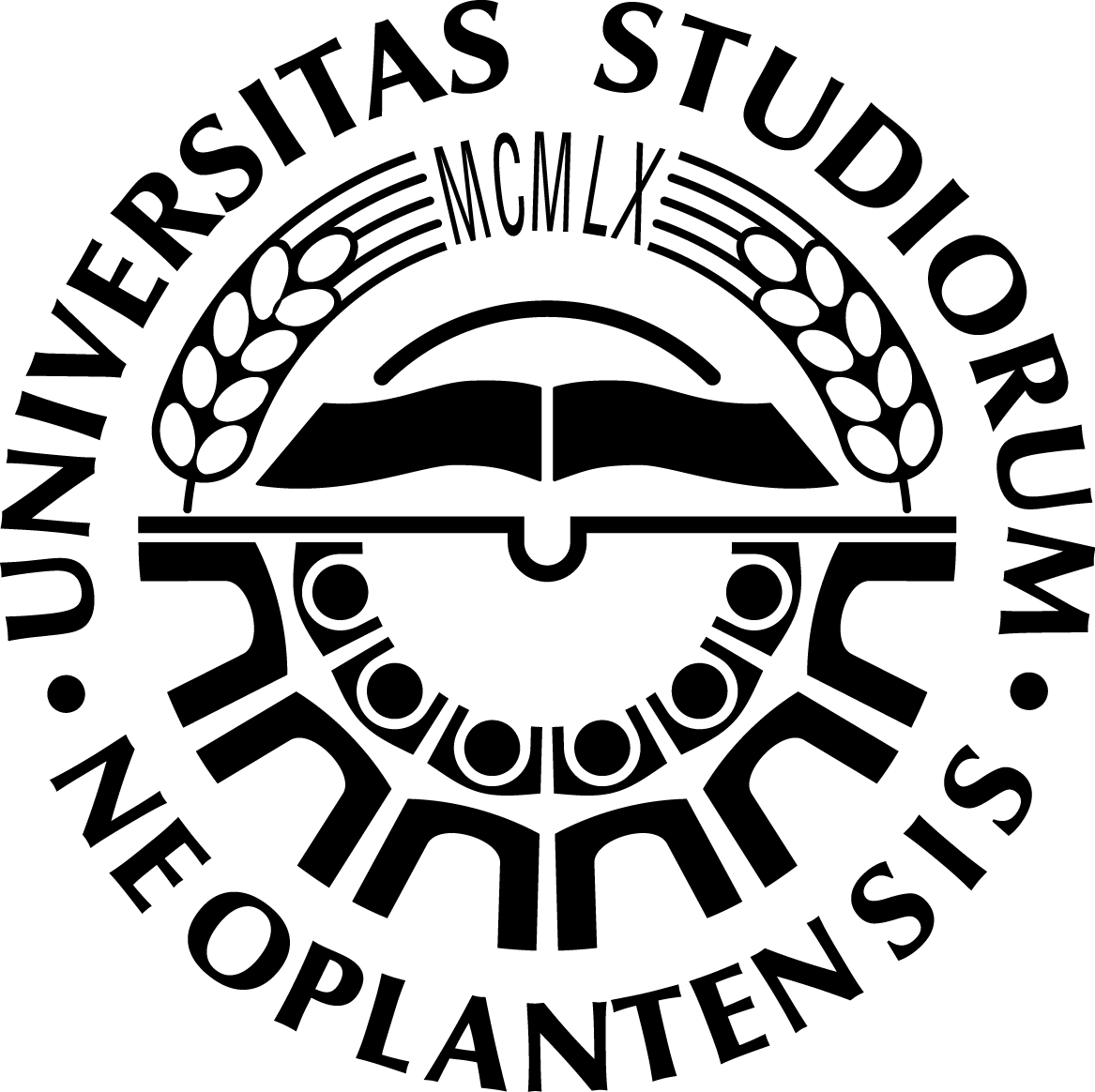
University of Novi Sad
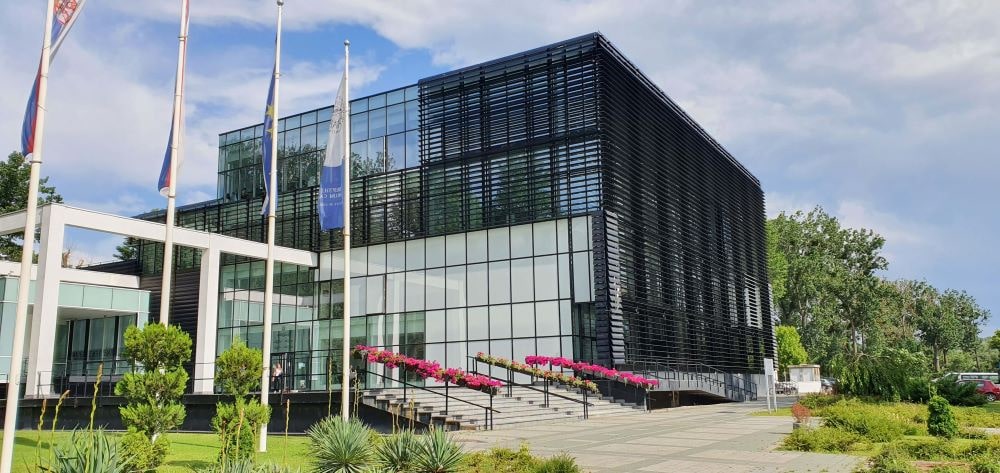
University of Novi Sad (UNS) set a new strategic goal to become more visible in the international research arena and recognized as excellent University. As a starting point in reaching this goal, It is very active in the international collaboration field participating in both educational and research projects (ERASMUS +, HORIZON 2020, EUREKA, COST, INTERREG, etc) and is considered to be the top leader both in the country and the region, where most of these projects were aiming at restructuring and reforming higher education processes, structures and programs.
Many projects implemented were referring to creation of a model for virtual learning environment and reinforcing digitalisation in the process of teaching and learning enabling more flexibility and opportunities both for students and teachers, as well as equipping young researchers with skills required for joint research initiatives. One of the brightest examples of projects that have largely contributed to the University of Novi Sad overcoming the crisis in education process caused by the COVID 19 pandemic as easily as possible is the MILETUS project, which aimed to strengthen the students’ mobility capacity building at HEIs while improving the employment opportunities of graduates and enhancing the quality of PhD students’ research and provided project-based learning (PBL) programmes in which students can gain knowledge and skills by working on the joint project.
A main result of the project was the collaboration platform which was giving students opportunity to experience virtual and blended mobility runs covering courses in a virtual digital environment. Nowadays SOVA platform is used as a main tool at the University of Novi Sad providing courses for all the faculties of the University for ongoing on-line education process.
ENLIVEN Team

University of Pisa
Italy
Team
Francesco Marcelloni
Deputy Rector for international cooperation and relations
Marco Abate
Deputy Rector for Teaching
Maria Simi
Associate Professor, Director of the Laboratory of Digital Culture
Ann Katherine Isaacs
Associate Professor
Tommaso Salamone
Department of International Affairs
Maria Francesca Zuddio
Department of International Affairs
Lukasz Szczygiel
Researcher

TALLINN UNIVERSITY
Estonia
Team
Janika Leoste
Researcher, head of Tallinn university EDUSPACE research lab
Sirly Väät
Educational Technologist at School of Educational Sciences
Mart Laanpere
Senior Researcher
Marika Kutškova
Programme Coordinator at School of Educational Sciences
Maire Tuul
Associate Professor of Early Childhood Education
Egle Hollman
Research Assistant

NOVA University Lisbon
Portugal
Team
José Júlio Alferes
Pro-Rector for the Digital Transformation
Rita Falcão de Berredo Costa
Head of the International Affairs department
Elsa Caetano
Researcher
Paulo Costa
Instructional Designer
Arlete Meneses
Financial and Management Project Controller
Sara Salvaterra Recharte
European Project Manager
Ana Lebre
Quality Assurance
Carlos Ceia
Professor of English Studies

